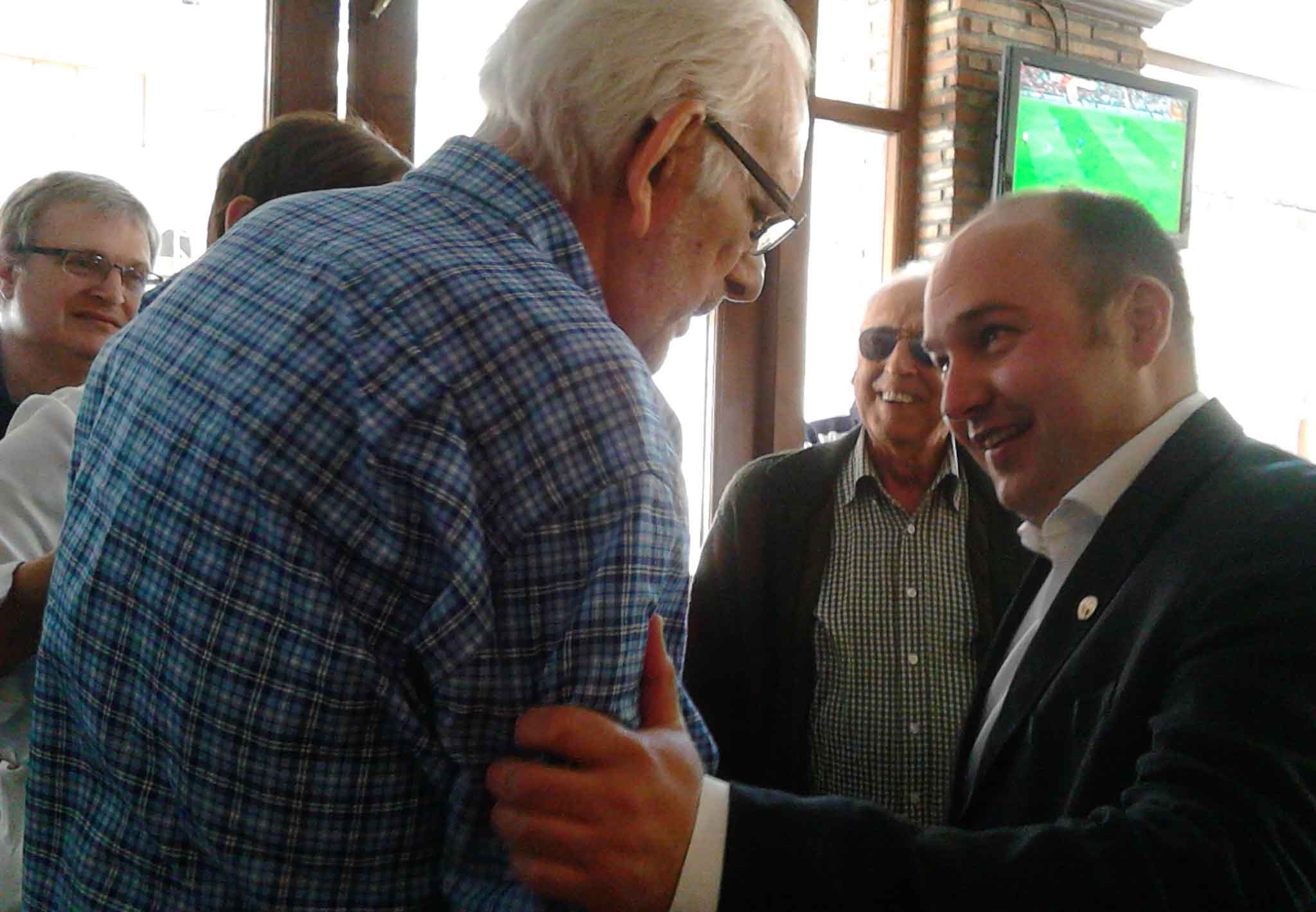Victoria-Gasteiz. According to a note published by the Basque Government, the aid approved yesterday allows assisting persons who are in dire situations of social exclusion, either due to the situation of monetary oscillations, and economic deficiencies in their country; age; deficiency situations; health crisis, or due to accidental incapacitations that have occurred, they are now in serious situations of social exclusion.
Additional criteria that needs to be met in order to be eligible for this aid:
- Be a member of a Basque community
- Reside abroad
- Lack assets and/or income that would allow addressing health care needs, or situations of extreme need, and
- Reside in a private home, not belonging to organizations, communities or institutions that are obliged to assist them by their rules or statutes.
The economic situation of the family in relation to the average income in the country will also be assessed, along with the seriousness of the health contingency of the situation of extreme need, as well as the adequacy of the request for these needs.
Grants may be up to 100% of the request, limited by the applicable basic income in the Basque Autonomous Community, except for aid needed for health contingencies that will not observe this limit.
After its approval yesterday by the Government’s Council, the call will be published in the coming days in the Official Bulletin of the Basque Country (EHAA-BOPV). The day after this publication, the application will open for a month. Basque clubs will administer this aid, and so persons who may be interested need to contact their local Basque club, or the one closest in their area, if there isn’t one locally. More information is available at your euskal etxea, Delegation of Euskadi or by contacting the Directorate of the Basque Community Abroad directly (euskaletxeak@euskadi.eus).
Venezuela main receptor
Since the program was launched in 2003, the Basque Government has continued it every year.
In 2017, they allocated 194,642 Euros attending to the needs of 111 families in 16 different clubs in six different countries. Venezuela is the country that received the most aid (37%), followed by Argentina (22%), Cuba (19%), Chile (18%), Uruguay (3%) and the United Kingdom (1%).
The majority of awardees were also women, since out of the 111 families, 76 had female heads of household.






 Send to a friend
Send to a friend Add comment
Add comment








